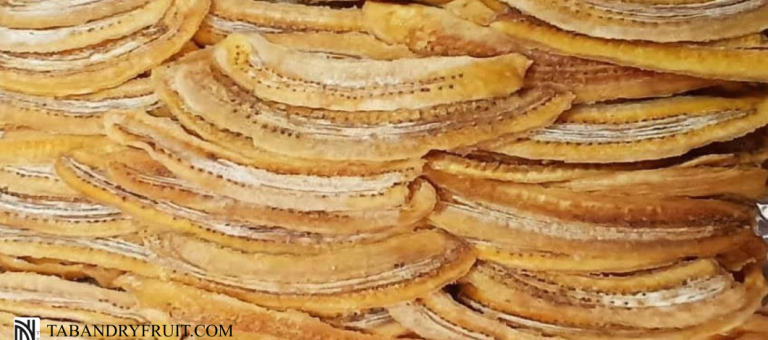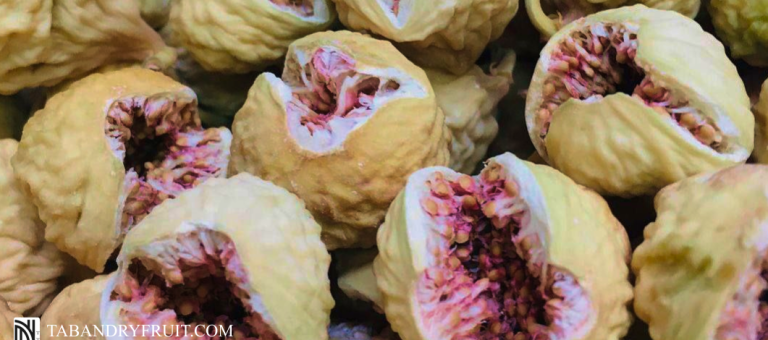Salted sunflower seeds are sunflower seeds that have been roasted and then coated with salt for added flavor. Here are some key points about salted sunflower seeds:
Roasted:
The sunflower seeds are typically roasted before being salted. Roasting enhances their nutty flavor and crunchy texture, making them more enjoyable to eat.
Salted:
After roasting, the sunflower seeds are coated with salt to add a savory taste. The amount of salt can vary depending on the brand or personal preference, but it's usually enough to enhance the flavor without overpowering the natural taste of the seeds.
Popular snack:
Salted sunflower seeds are a popular snack choice due to their satisfying crunch and savory flavor. They are commonly consumed on their own as a convenient and portable snack option.
Source of nutrients:
While salted sunflower seeds provide some nutritional benefits, such as protein, healthy fats, and fiber, the added salt may increase their sodium content. It's essential to consume them in moderation, especially for individuals watching their sodium intake.
Versatile:
Salted sunflower seeds can be enjoyed in various ways. They can be eaten as a standalone snack, added to salads, trail mix, or granola, or used as a topping for dishes like soups and stir-fries.
Health considerations:
While salted sunflower seeds can be a tasty and satisfying snack, it's essential to be mindful of your salt intake, as excessive sodium consumption can contribute to high blood pressure and other health issues. Opting for unsalted or lightly salted varieties or choosing raw sunflower seeds can help reduce your sodium intake while still enjoying the nutritional benefits of sunflower seeds. Additionally, individuals with hypertension or other health conditions that require a low-sodium diet should consume salted sunflower seeds sparingly or choose unsalted options.




